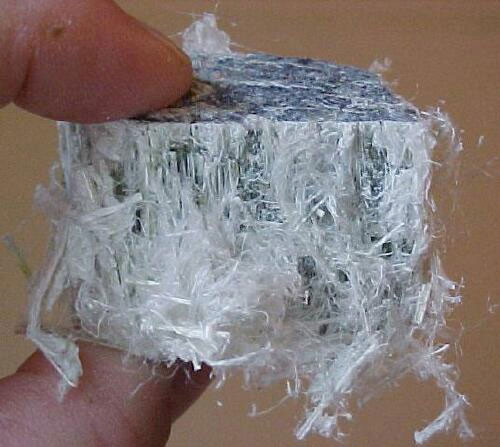Environmental Due Diligence
The Ultimate Goal….
Performing our due diligence in order to identify potential environmental conditions that may impact the project or property transaction/redevelopment.
Geotechnology’s interdisciplinary team of environmental engineers, environmental scientists and geophysicists can conduct the necessary environmental due diligence to assist owners and prospective purchasers. We can help better characterize properties, plan projects and make informed decisions about the property. If these elements aren’t included, the risk of project delays, financing issues and additional costs may increase.
Environmental Site Assessment (ESA) and Natural Systems
The Phase I Environmental Site Assessment is probably the most common task that developers know they have to complete before beginning a project. For a Phase I ESA, we typically:
- Review governmental environmental databases
- Review historical data and conduct interviews regarding past usage of property
- Conduct visual site reconnaissance
- Research area for involvement in state or federal cleanup programs
- Document findings of the ESA in final report in accordance with the ASTM E1527-13 Standard
The primary purpose of the Phase I ESA is to identify Recognized Environmental Conditions (RECs), which are defined as the presence or likely presence of hazardous materials or petroleum products on a property. Conducting a Phase I ESA is also the first step in qualifying for various Landowner Liability Protections under CERCLA (aka Superfund).
The presence of wetlands, creeks, ponds and other water features on a project site can affect the viability of a project. At project inception, Geotechnology assists clients with assessing properties for potential wetlands. Additionally, Waters of the U.S. Knowledge of on-site jurisdictional waters can help clients determine the most cost effective course of action for the intended use of the property. Once a site has been selected, Geotechnology can perform a comprehensive delineation to assess the extent of jurisdictional waters and wetlands within the project area. We can then provide information about possible permitting and mitigation strategies.
Asbestos and Household Hazardous Waste
Asbestos inspections are required prior to demolition or renovation activity. Most municipalities will not issue a demolition or building permit without evidence of an asbestos inspection. Our state certified inspectors will survey the area of planned demolition/renovation and collect samples of suspect asbestos containing materials for laboratory analysis. If asbestos is identified, we assist the owner with filing the required notifications, contacting abatement contractors, and conducting third party abatement monitoring.
Household hazardous wastes consist of everyday items that are regulated and are required to be removed from a structure prior to demolition/renovation. These include fluorescent lights, unused paints and cleaners, batteries, tires, etc. A survey and inventory of these materials by our qualified inspectors can help you choose a contractor to pack the materials and dispose of them at the on-set of your project. This also helps prevent costly delays.

